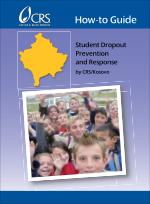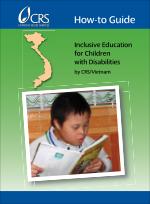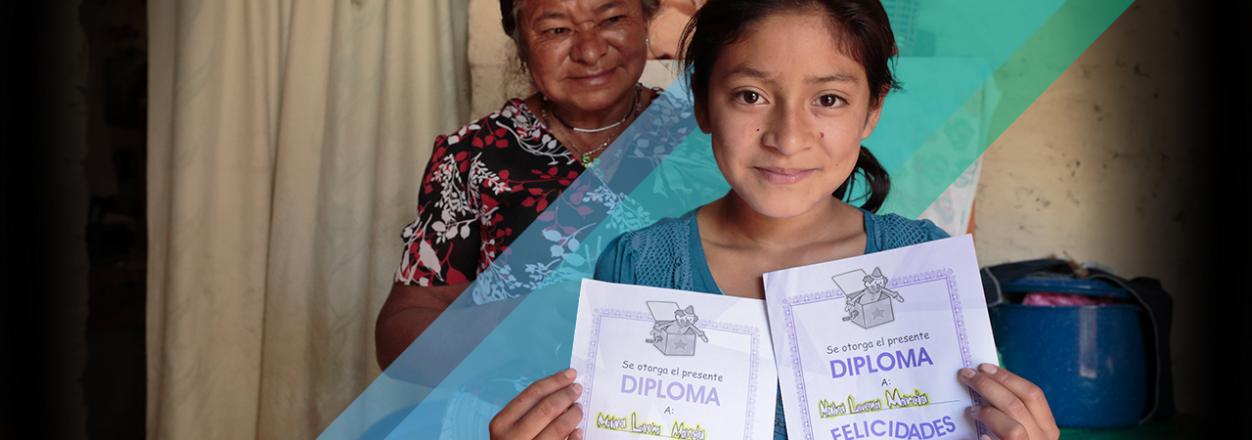About Access and Equity
WHAT WE DO
CRS focuses on education for the most vulnerable and marginalized children. We analyze and prioritize interventions that will have the strongest impact on reaching girls, child laborers, children with disabilities and others. CRS gets kids into school and helps them succeed by addressing their special needs and by creating a supportive learning environment.
Each group we work with is unique and requires a different approach. We work to improve education systems and structures for adolescent girls in Ethiopia, to prevent drop-out of child laborers in Ecuador and Guatemala, to ensure safe and protective school environments for orphans and highly vulnerable children in Kenya, and to help teachers and communities better serve children with disabilities in the Mekong region.
HOW WE DO IT
- Inclusive: Every child deserves a chance. We promote inclusive education, which has been internationally recognized as a philosophy for attaining equity, justice and quality education for all children. This is especially true for those who have been traditionally excluded from mainstream education for reasons of disability, ethnicity, gender, etc.
- Tailored: We help ensure child-friendly school environments. We make sure we take into account and address inequalities that may exist between men, women, boys and girls.
- Multi -Layered: CRS has supported school-feeding programs since 1958. In the mid-90s, CRS expanded its programs by combining school feeding with education activities that focus on improving the quality of education, girls' access to education, support for teachers, health/hygiene education and services for students, school infrastructure improvement, and increased parental and community involvement in schools. The participants in these expanded school feeding programs are mostly pre-school and primary school students in rural, food insecure regions.
- Focused: In the short-term, school feeding encourages children to enroll in school and attend regularly because they receive a meal at school. Through the school meal, children receive essential nutrients, which improve their ability to learn. This meal is also an incentive for parents to send their children to school because they know their children will eat well at school, and that they will not have to use limited family funds and time to prepare a midday meal. School feeding programs also help meet long-term education and food security objectives. Over time, investments in education, especially for girls, have been shown to improve family health and incomes and help ensure food security for future generations.
Research & Publications
-
Manuals
How-To Guide: Student Dropout Prevention and Response
Student Dropout Prevention and Response

This guide presents steps for both preventing student dropout and getting children back into school. More
-
Manuals
How-To Guide
Inclusive Education for Children with Disabilities

Children with disabilities are one of the most marginalized groups in terms of access to education today. CRS' mission and the principle of Education for All call on all of us to expand our programming in support of quality education for children with disabilities. This guide More


